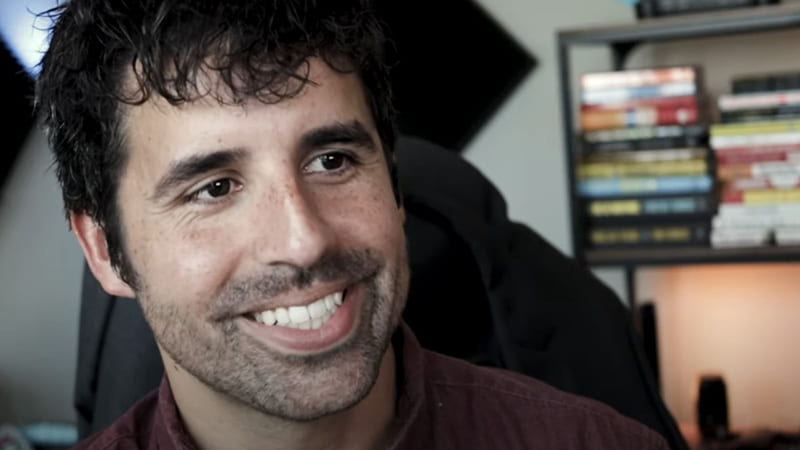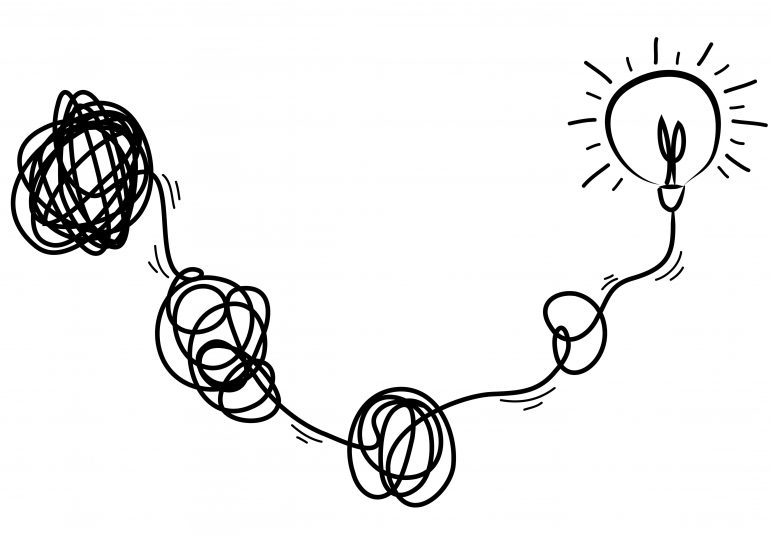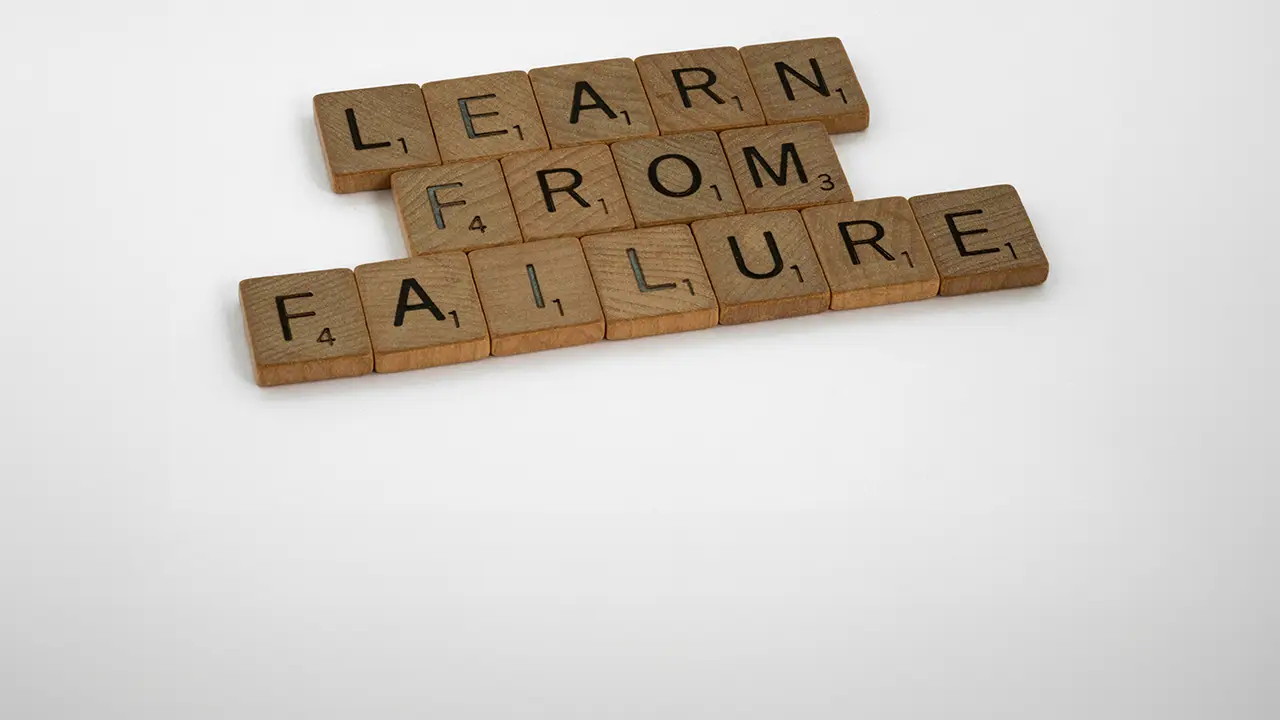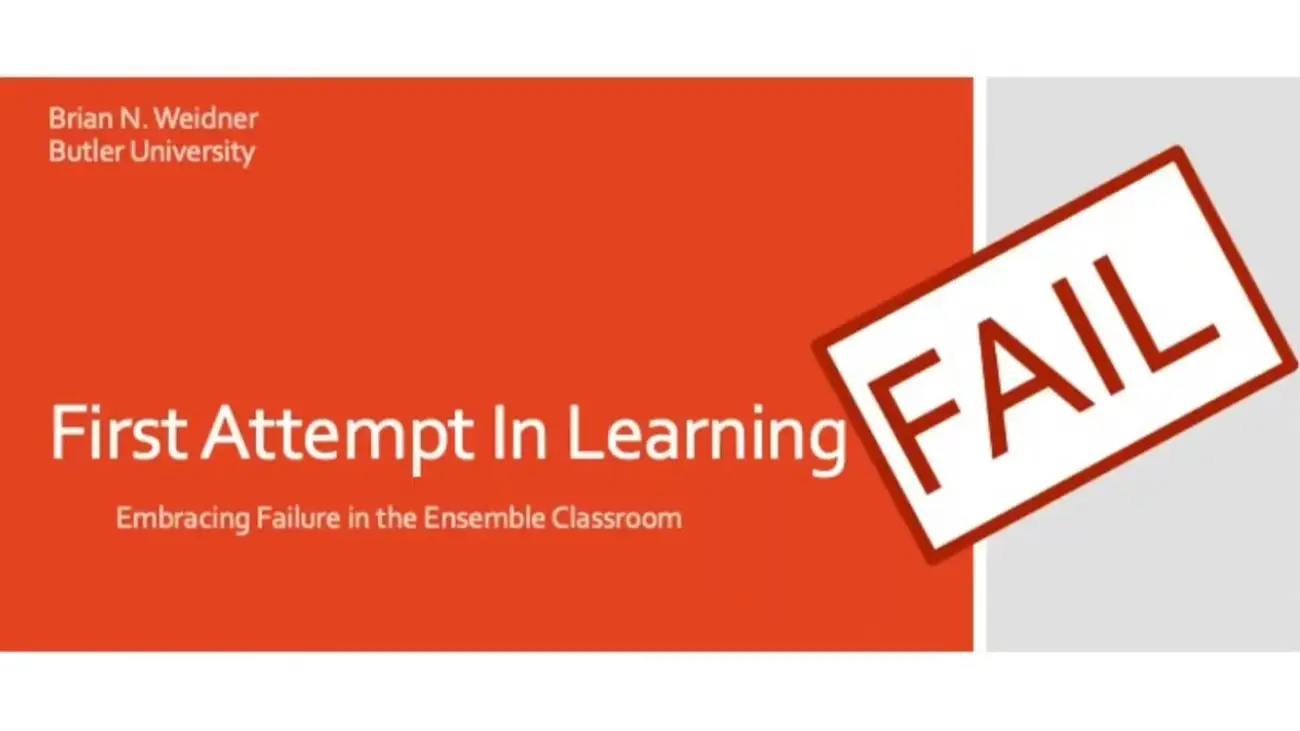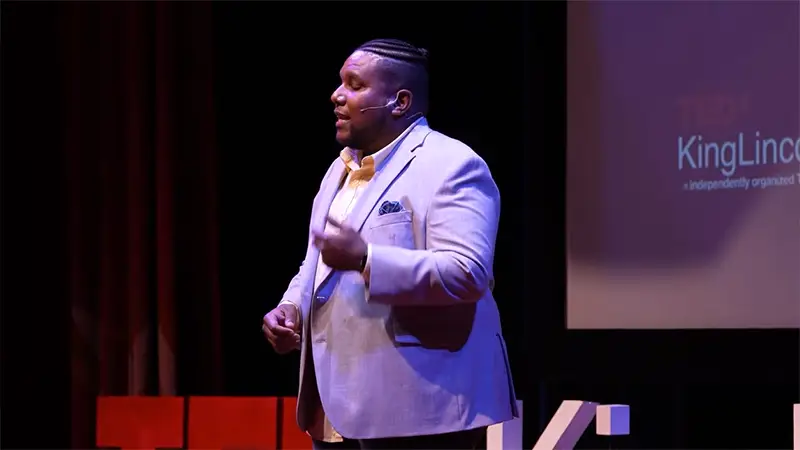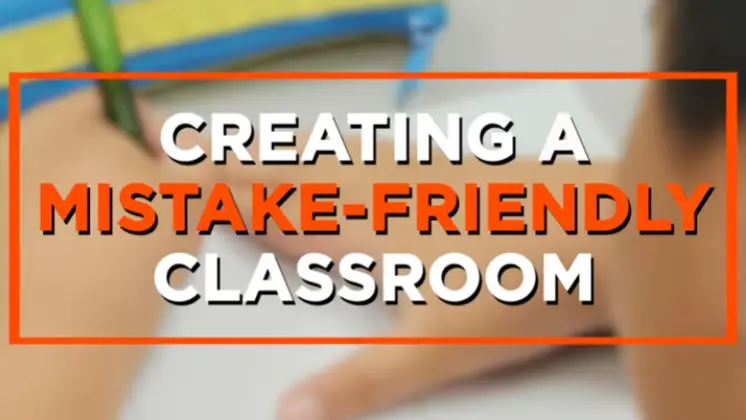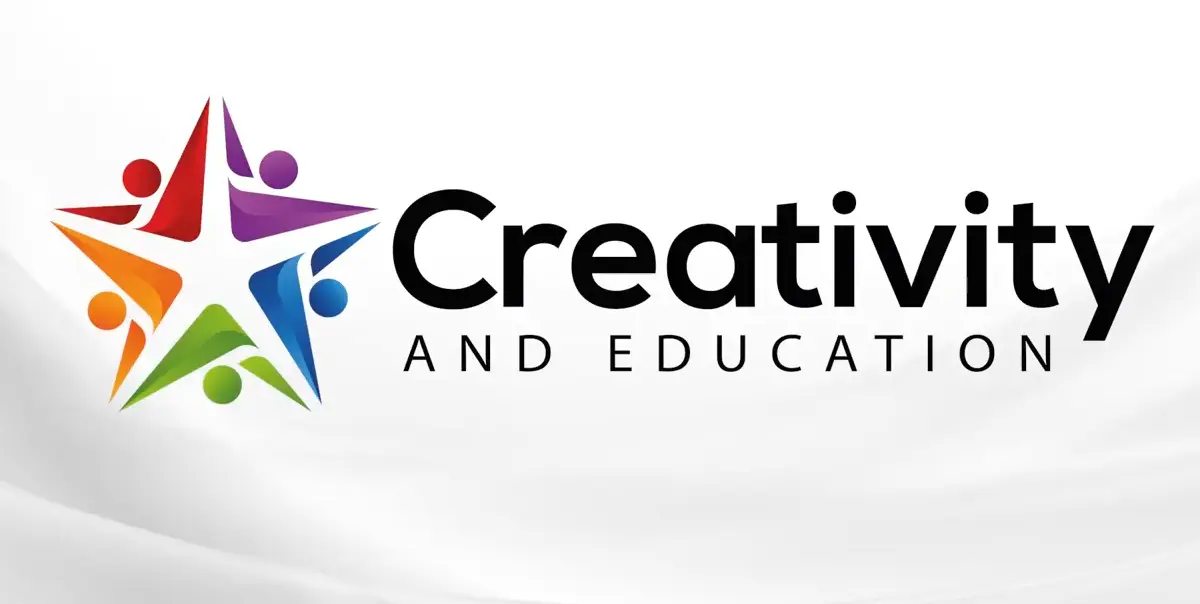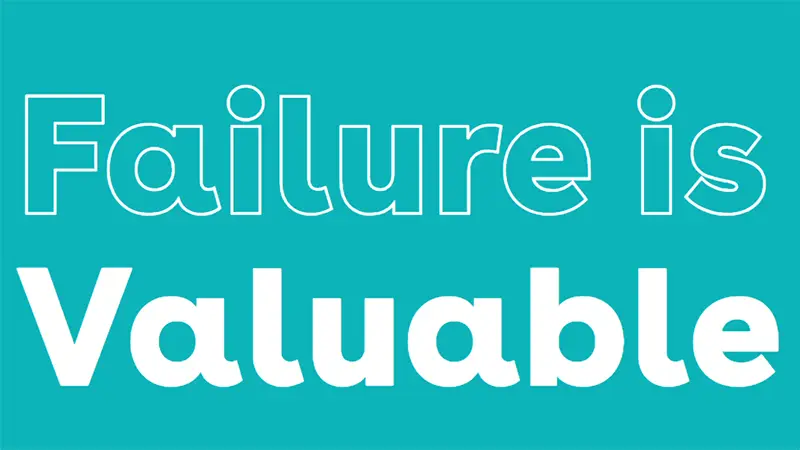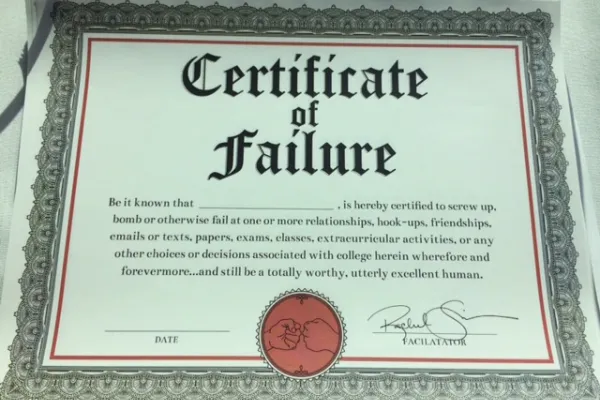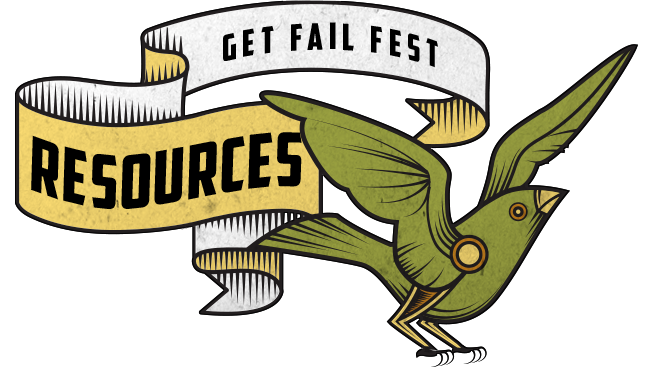Top picks for April 2024: Normalising failure
This month, we embrace failure as a natural part of learning and academic work.
The TeachWell Framework reminds us that teaching well is an imperfect, experimental process. Stigmatising failure hinders both faculty and students, whereas, viewing failure as a catalyst for growth helps cultivate a braver learning environment that encourages knowledge-seeking, experimentation, and growth from mistakes. This ultimately leads to increased resilience, wellbeing, and deeper, more engaged learning.
Explore these resources to embrace productive failure (and if you fail to – that’s okay too).
Academics sharing failure
Facing failure
Listen to Season 4 of the ‘Instructional Ecology’ podcast, created by The Center for Teaching Excellence at Midlands Technical College, South Carolina. Over a dozen of its episodes feature either stories of failure shared by academics or commentary by psychologists and counsellors.
Photo by Zhen H on Unsplash
5 ways I’ve FAILED as a teacher
Thom Gibson, a former middle-school teacher from the USA, shares his teaching missteps. His honest reflections aim to break down the polished facade of teaching on social media, offering solace to fellow educators. Thom’s journey since has led him from the classroom to co-founding an EdTech company but his teaching advice remains as relevant as ever.
Admitting failure is hard, but as academics we should learn to fail better
Learn why in this opinion piece by Rachael Hains-Wesson from The University of Sydney.
Making friends with failing
Alessandra Wollaston from University of Sydney tells of her journey using the online platform Topia for teaching, turning technical challenges into learning opportunities. Be reminded how ‘productive failure’ and ‘Intelligent Fast Failure’ can fuel innovation and resilience in education.
When online teaching goes wrong… lockdown 2020
Explore the heartwarming collection of recorded online teaching blunders. Laugh, empathise, and remember that even educators are human.
Photo by Markus Spiske on Unsplash
Constructive Failure Series
Coming soon! At our university, we are breaking down barriers by sharing teaching stories about failure. Renowned ‘teaching champion’ Andrew Eberhard kicks off the series with his epic fail. And stay tuned – more ‘constructive failure’ stories are on the horizon for our growing collection of teaching cases.
Photo by Brett Jordan on Pexels
The rewards – and risks – of sharing failure stories
Read the recent edition of Beckie Supiano’s Teaching newsletter published on The Chronicle of Higher Education website to hear her thoughts on failure as well as those shared by academics from around the world.
Boost your student learning through productive failure
Create space for failing and experimentation in your classroom and grow your students’ resilience.
Using productive failure to activate deeper learning
Manu Kapur explains how a flipped-classroom approach, where students tackle problems before learning about associated concepts, can deepen their learning through ‘productive failure’.
Learning challenge and difficulty: Calm seas do not make skilful sailors
Academics from the University of Queensland share five strategies for university teachers to encourage students to use challenge, struggle and safe failure for effective long-term learning.
Image: Chris Harwood on Unsplash
FAIL (First Attempt in Learning): Embracing failure in the ensemble classroom
In this recorded conference presentation, Brian Weidner from Butler University encourages embracing failure as a stepping stone in music education. By normalising FAIL, we can equip students with coping strategies for social, emotional, and course-specific setbacks.
Teaching the inevitable: Embracing a pedagogy of failure
The peer-reviewed article explores how failure, often feared by students, and overlooked by faculty, is an integral part of learning in HE. It provides practical suggestions and resources for faculty to integrate a ‘pedagogy of failure’ into their teaching, while also discussing the structural obstacles to strategically using failure in HE.
Embracing failure as a part of the learning process
Watch the 10-minute TED talk by Dr Edwin W. Lee II to have very common responses to students’ mistakes challenged, encouraging us to rethink how we view failure, as it often leads students to fear being wrong.
Fail again, fail better: Embracing failure as a paradigm for creative learning in the Arts
Read the article to discover strategies like multimedia reflections, rethinking, and ambiguous criteria that encourage individualisation. ‘Failure is an option’ might just be the key to better creative outcomes in your classroom.
How to create a mistake-friendly classroom
Watch the brief EduTopia video for some tips on how to welcome risks and mistakes into your learning and teaching space.
Celebrating failure: A warm-up activity for your classroom
Another 5-minute video introducing a charmingly simple classroom activity that helps students embrace and celebrate failure. Adapt it for your own needs and use it as an icebreaker or timeout activity in your next class.
Build student resilience: Ideas to borrow from other universities
Flipping failure
MIT Teaching & Learning Lab’s initiative aims to support MIT students and help them build learning stamina. The charming website features stories from MIT students who share their paths to overcoming challenges, normalising failure, and offering coping strategies.
Failing well
The initiative by Smith College in Massachusetts helps high-achieving students cope with setbacks by destigmatising failure. Students receive a certificate of failure upon entry, granting them permission to make mistakes. The New York Times wrote an article about it, ‘On Campus, Failure Is on the Syllabus’.
Princeton perspective project
A safe space for students to share their failure stories through videos or texts in the university’s attempt to normalise failing and to show its potential. Explore also their recommended reading list!
Other resources we failed to categorise
More handy materials honouring the concept of failure.
Learning from senior academics’ perspectives of success and failure
In this 2023 Studies in Higher Education article, our University of Otago counterparts uncover the evolving nature of success and failure in academia. The paper highlights the importance of understanding these concepts as interconnected aspects of academic life, rather than opposites, and calls for institutional support to embrace a holistic perspective.
Fail fest
Get to know the unique global celebration that embraces failure as a stepping stone to innovation, learning from those who’ve turned their setbacks into success stories. With a wealth of resources, from articles to visuals, Fail Fest encourages open conversations about the pivotal role of failure in achieving success.
Terrible Ideas Hackathon
First launched by our own Zac Miller-Waugh at UoA in 2020, the event has now reached new shores with iterations in Sydney and London. The event challenges University students and staff to work tougher to create ‘the most terrible, awful, brilliant ideas you can think of’ and to celebrate ‘failure, creativity, and stupid, terrible decisions.’
Failing in creativity: The problem of policy and practice in Australia and the United States
And, finally, some more serious food for thought. The publication, co-written by academics from the universities of Arizona and Monash, consider the political environments of Australia and the United States, revealing the disconnect between policy and the practical needs of educators for fostering creativity and risk-taking in the classroom.
If you also want to share your story of failure in teaching, please get in touch with us.


